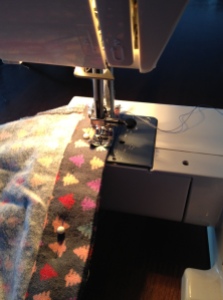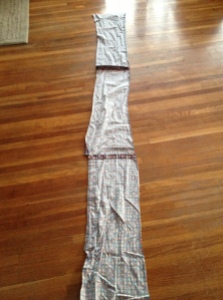Today I hosted my first guest post on my other blog. I’m going to direct your attention there today, but not before I invite you to send me a message if you are interested in writing a guest post for this blog (or the one in the link). I am open to the idea, and would enjoy hosting other people’s work. If you are interested, please send me an email (nitholidaynow@gmail.com), a personal via Facebook (https://www.facebook.com/nita.holiday), or DM me on Twitter (https://twitter.com/NitaHoliday). Here’s the link to the other blog, and as always, thanks for reading!
http://loveandlaundryblog.wordpress.com/2013/03/19/guest-post-by-tim-gallen-the-writers-life/










 We humans can be so fickle. How often do we wish we had more time in a day? But when that time comes but doesn’t meet our specifications, we get grumpy. Extra time can be a gift. It can give us time to prepare ourselves for that next phase. Sometimes when we have to wait for something, we discover in the waiting that it isn’t what we wanted or needed. It can also give us time to build up resilience or a reserve of experience we will need.
We humans can be so fickle. How often do we wish we had more time in a day? But when that time comes but doesn’t meet our specifications, we get grumpy. Extra time can be a gift. It can give us time to prepare ourselves for that next phase. Sometimes when we have to wait for something, we discover in the waiting that it isn’t what we wanted or needed. It can also give us time to build up resilience or a reserve of experience we will need.






